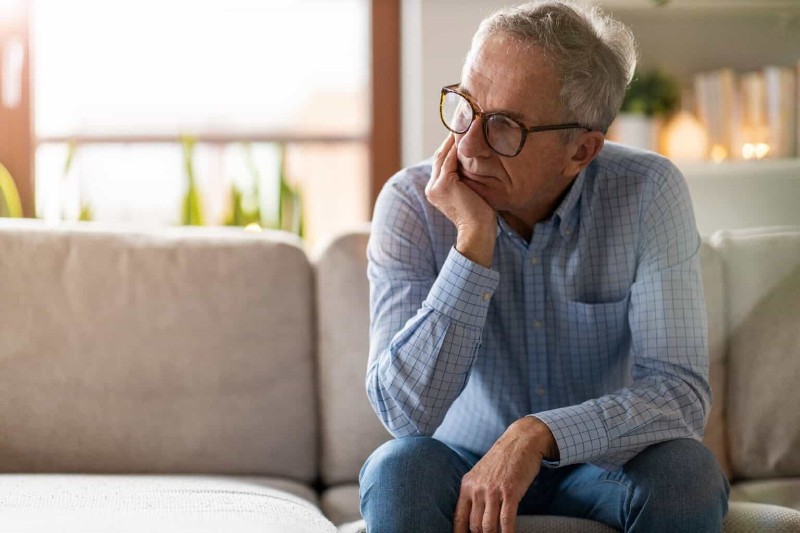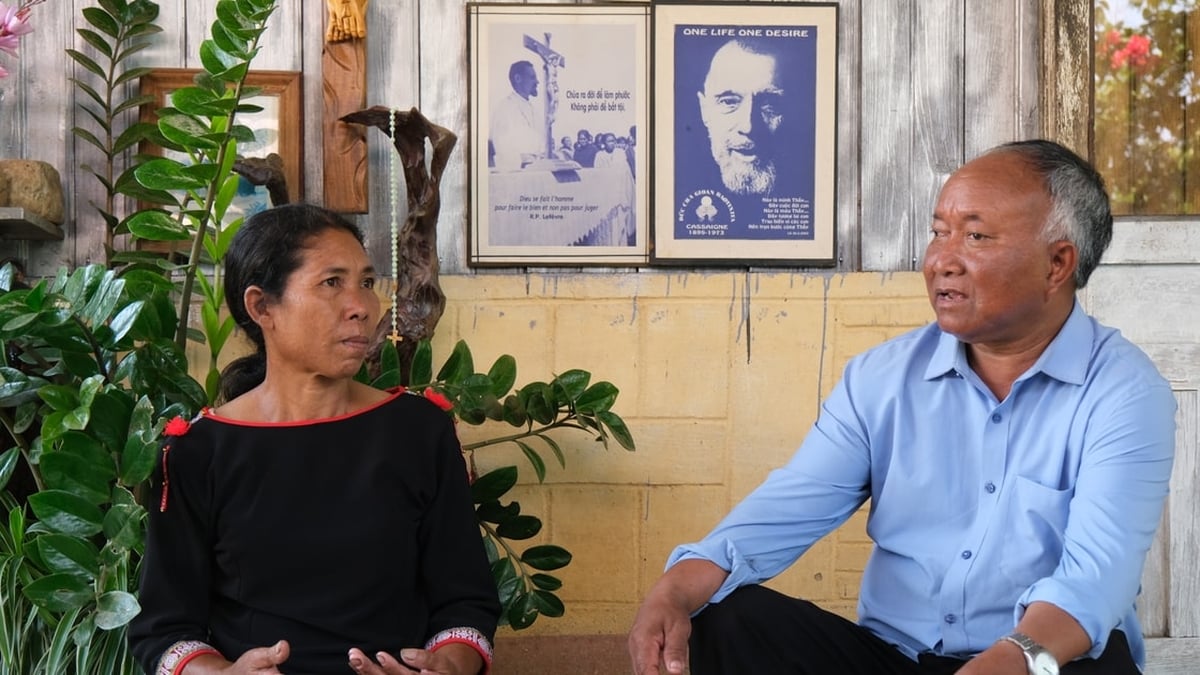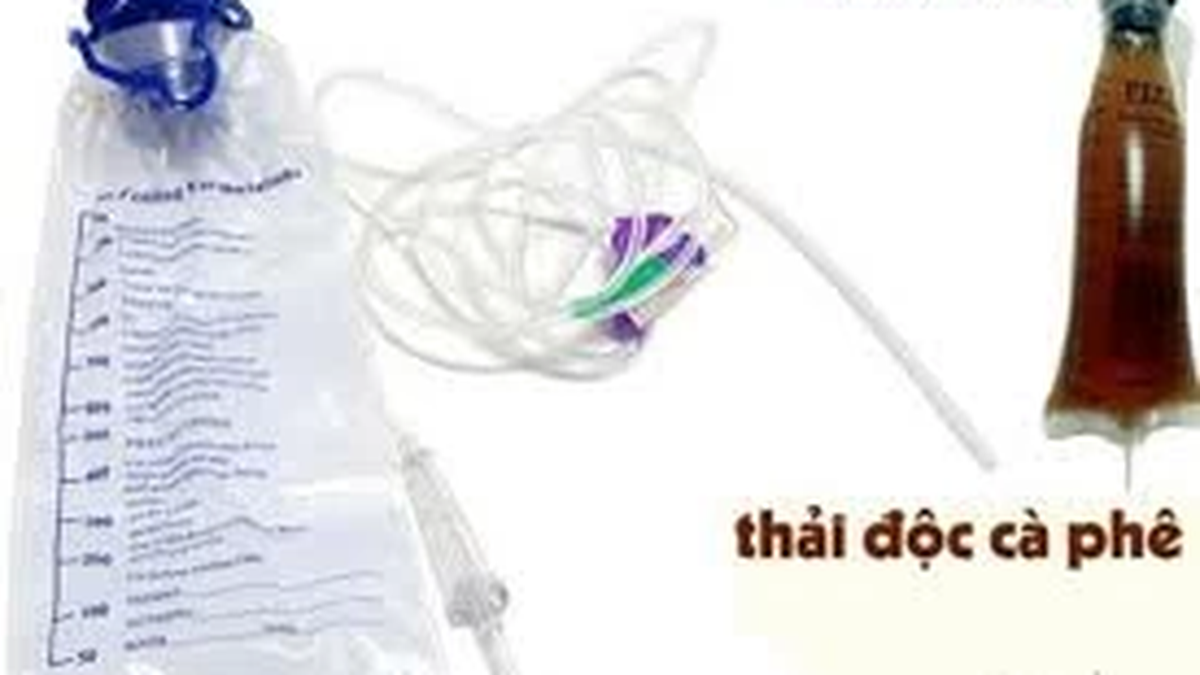Depression is one of the most common mental disorders in the elderly, affecting 1-4% of the general population, and nearly 50% of those with onset after age 65.
Ms. NTV, 66 years old, Hanoi, was hospitalized because she was depressed and wanted to die. Her son said her illness had been going on for about 6 months.
Three years ago, her husband suffered a stroke that left him paralyzed. He had to be hospitalized many times and she was the one who always took care of him during the treatment process.
 |
| Depression is one of the most common mental disorders in older adults. |
6 months ago, her husband passed away, she became depressed, pessimistic, tired, no longer interested in her previous hobbies such as practicing yoga, watching movies, just liked to lie alone, did not want to interact with people.
She also had trouble sleeping, only sleeping 2 hours a day, staying awake many nights, waking up tired in the morning. She often complained of headaches, which got worse when she thought a lot or had trouble sleeping.
The patient had poor appetite, often felt full and had indigestion, and lost 5kg in 2 months. Previously, the patient was taken to a nearby hospital for examination and treatment by his family, and took medication but it did not help.
About a month before being admitted to the hospital, the patient often cried and complained to his children, thinking that he had sinned against them and was a burden to the whole family. His children tried to advise and explain, but the patient did not believe them.
When the patient had suicidal thoughts, his family took him to the Institute of Mental Health (Bach Mai Hospital). The patient was diagnosed with severe depression with psychotic symptoms and suicidal thoughts.
After nearly 20 days of inpatient treatment, the patient's mood improved, he moved more quickly, complained less of fatigue, and could sleep... The patient was stable and discharged from the hospital, continuing to be monitored and treated as an outpatient.
According to Dr. Nguyen Thi Phuong Loan, Department M8, Institute of Mental Health, depression is one of the most common mental disorders in the elderly.
Of these, nearly half are late-onset depression, after age 65. The rate of depression in women is higher than in men, and can be twice as high in men when young, but this difference narrows at older ages.
This raises a social issue: families need to pay attention to their fathers, mothers, and the elderly in the family, so that they can quickly recognize signs of depression in their loved ones and treat them promptly, avoiding unfortunate consequences.
Doctor Nguyen Thi Phuong Loan said that epidemiological studies around the world show that the rate of depression in the elderly accounts for about 1-4% in the community, 5-10% in primary care facilities, 10-12% in inpatients or specialized care facilities.
Depression in the elderly is associated with a range of diseases such as metabolic disorders, cancer, vascular diseases, autoimmune diseases and mental illnesses (cognitive impairment, movement disorders).
The relationship between depression and diseases in the elderly is a two-way relationship. Depression aggravates the body's disease through health care behaviors: Unhealthy diet, smoking, lack of exercise, non-compliance with treatment; Endocrine disorders, inflammatory processes; Side effects of drugs.
Physical illnesses that aggravate depression include poor health, loss of function, chronic pain; brain damage, neurodegeneration, inflammation...
There are two key symptoms to distinguish depression in the elderly: Excessive concern about physical health and non-dominant manifestations of sadness.
Specific manifestations of depression in the elderly: Preoccupation with recent physical symptoms; sudden onset of anxiety or obsessive symptoms; intentional self-harm for minor physical problems; prominent cognitive disturbances (pseudodementia); recent “out of character” behavioral disturbances.
These symptoms are often overlooked because they are believed to be due to old age. In addition, memory loss is almost always present.
People with severe depression often have delusions of guilt, a higher rate than younger patients, are reluctant to take care of themselves, and abuse alcohol and sedatives and sleep-inducing substances.
Older people with depression are often more sensitive to the side effects of medications and take longer to achieve results. However, older people often comply better, give up less often than younger people, and respond better to psychological therapies than younger people. “If depression in the elderly is detected early and treated early, it will be more effective,” Dr. Loan noted.
In Vietnam, depression is the fifth leading cause of disease burden. According to a 2023 report by the Ministry of Health , an estimated 3.2 million Vietnamese people suffer from depression. This figure accounts for 3.1% of the population, equivalent to 1 in 32 people.
Elderly patients with depression are often detected and treated late. Elderly people need both physical and mental care. When there are signs of depression, it is necessary to detect, care for and treat promptly.
Most cases of depression tend to be chronic, with a high rate of recurrence and incomplete recovery between episodes. Common symptoms and signs of depressive disorders include decreased energy and concentration, sleep problems, decreased appetite, weight loss, etc.
Depression can be associated with physical illnesses and with the medications used to treat them, so it is important to be aware of medications that can cause depression.
Depression in the elderly can be treated with medication, psychotherapy, relaxation, and exercise. When depressed, it is necessary to follow an appropriate treatment program to help improve symptoms.
Patients need help to escape isolation or loneliness by organizing outdoor activities, picnics, etc. In addition, relatives and children should be there to love, care for, share and help them.
Encourage the elderly to participate in group activities such as poetry clubs, retirement groups, yoga, walking, cycling, traveling, etc. Do not use stimulants such as alcohol or beer. Exercise regularly and have a reasonable and moderate lifestyle and rest.
Create a comfortable, happy, and cozy living environment for the elderly with their children and grandchildren. Limit psychological shocks and avoid working too hard to make a living.
Source: https://baodautu.vn/ap-luc-tram-cam-o-nguoi-cao-tuoi-d218338.html































![[Photo] National Assembly Chairman Tran Thanh Man visits Vietnamese Heroic Mother Ta Thi Tran](https://vphoto.vietnam.vn/thumb/1200x675/vietnam/resource/IMAGE/2025/7/20/765c0bd057dd44ad83ab89fe0255b783)


































































Comment (0)